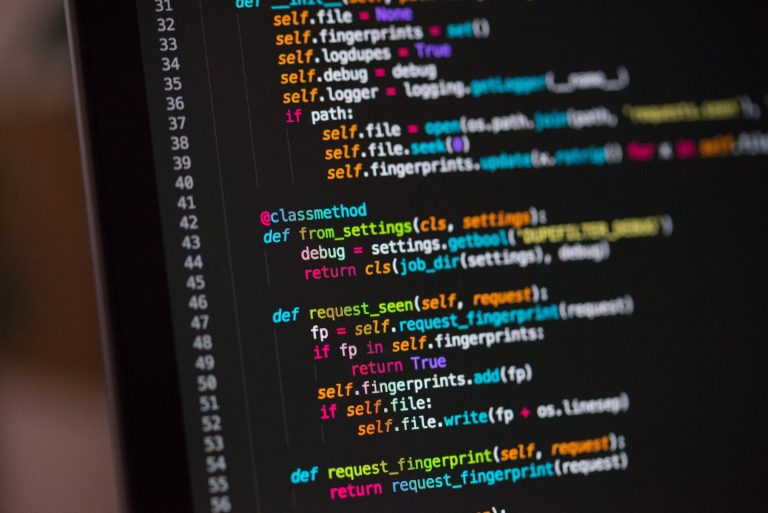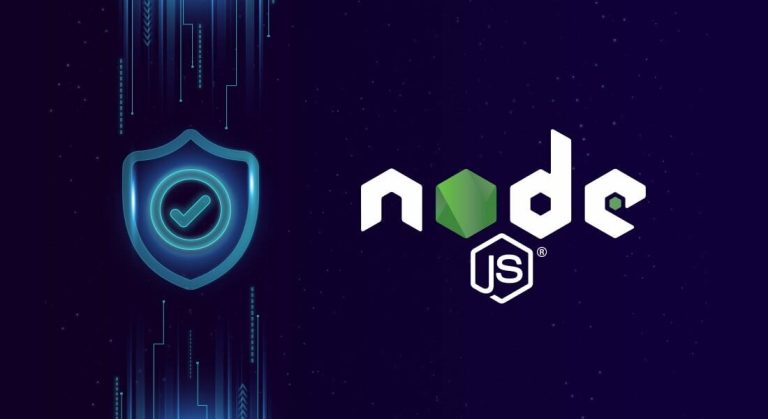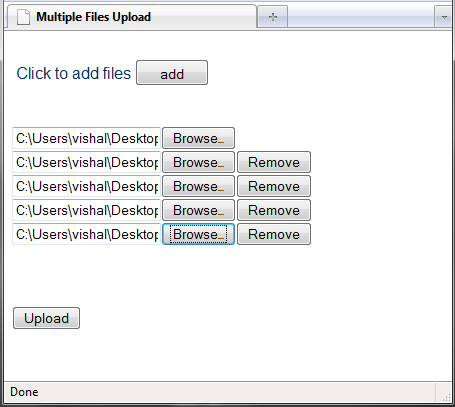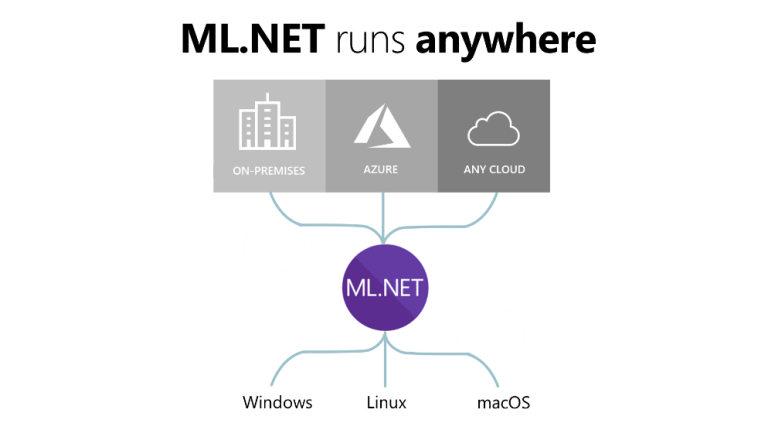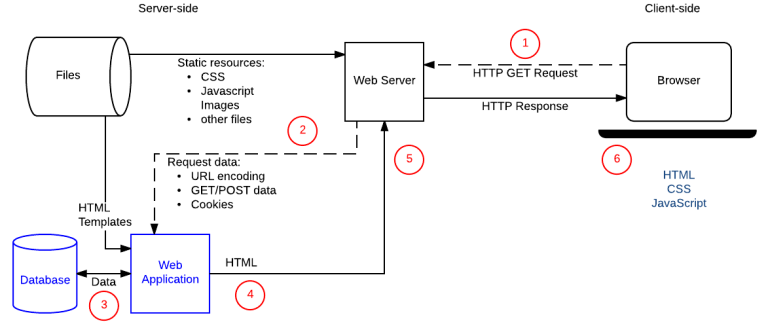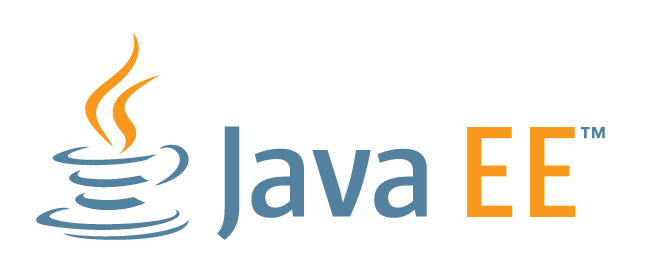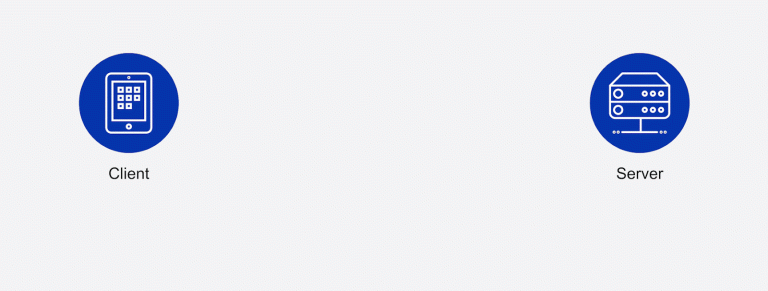Laravel, a popular PHP framework, can benefit significantly from performance optimizations. Two key technologies, OPcache (Opcode Cache) and JIT (Just-In-Time compilation), play a crucial role in enhancing the speed and efficiency of Laravel applications. In this article, we’ll explore how to leverage OPcache and JIT to optimize the performance of Laravel applications.
OPcache in Laravel:
1. Enable OPcache:
- Laravel applications can take advantage of OPcache by ensuring it is enabled in the PHP configuration. Include the OPcache extension in your
php.inifile:ini zend_extension=opcache.so
2. OPcache Configuration:
- Fine-tune OPcache settings based on your Laravel application’s requirements. Adjust memory consumption, file limits, and other parameters:
ini
[opcache]
opcache.enable=1 opcache.enable_cli=1 opcache.memory_consumption=256 opcache.interned_strings_buffer=16 opcache.max_accelerated_files=10000 opcache.revalidate_freq=2 opcache.fast_shutdown=1 opcache.save_comments=1
3. Restart PHP-FPM or Apache:
- After making changes to the
php.inifile, restart PHP-FPM or Apache to apply the OPcache configuration changes:bash sudo service php7.4-fpm restart
4. Verify OPcache Status:
- Create a Laravel route or controller that outputs the result of
opcache_get_status()to check OPcache status and settings.
JIT in Laravel:
1. Upgrade to PHP 8:
- JIT is introduced in PHP 8. Ensure your Laravel application is using PHP 8 or later to benefit from JIT.
2. Enable JIT:
- In your
php.inifile, enable JIT with the appropriate configuration:ini
[opcache]
zend_extension=opcache.so opcache.enable=1 opcache.enable_cli=1 opcache.jit=tracing opcache.jit_buffer_size=100M
3. Restart PHP-FPM or Apache:
- Restart PHP-FPM or Apache to apply the JIT configuration changes:
bash sudo service php7.4-fpm restart
4. Verify JIT Status:
- Create a Laravel route or controller that triggers the execution of code you want to be JIT-compiled. Monitor the server logs to ensure JIT compilation is occurring.
Combined Configuration for Laravel:
To harness the benefits of both OPcache and JIT, ensure that your php.ini file includes configurations for both technologies:
[opcache] zend_extension=opcache.so opcache.enable=1 opcache.enable_cli=1 opcache.memory_consumption=256 opcache.interned_strings_buffer=16 opcache.max_accelerated_files=10000 opcache.revalidate_freq=2 opcache.fast_shutdown=1 opcache.save_comments=1 opcache.jit=tracing opcache.jit_buffer_size=100M
Restart PHP-FPM or Apache after making changes.
Additional Laravel-Specific Considerations:
- Laravel Configuration Cache:
- Laravel provides a configuration cache that precompiles configuration files for faster application bootstrapping. Use
php artisan config:cacheto generate the cache. - Leveraging Eloquent Models:
- Eager load relationships and optimize database queries to reduce the number of SQL queries executed during application runtime.
- Caching and Queues:
- Leverage Laravel’s caching mechanisms and queues for improved performance in data retrieval and background processing.
By configuring OPcache and JIT in Laravel, developers can significantly enhance the speed and efficiency of their applications. Regularly monitor and fine-tune these configurations based on the evolving needs of the Laravel project. With a well-optimized setup, Laravel applications can deliver a responsive and seamless user experience.



